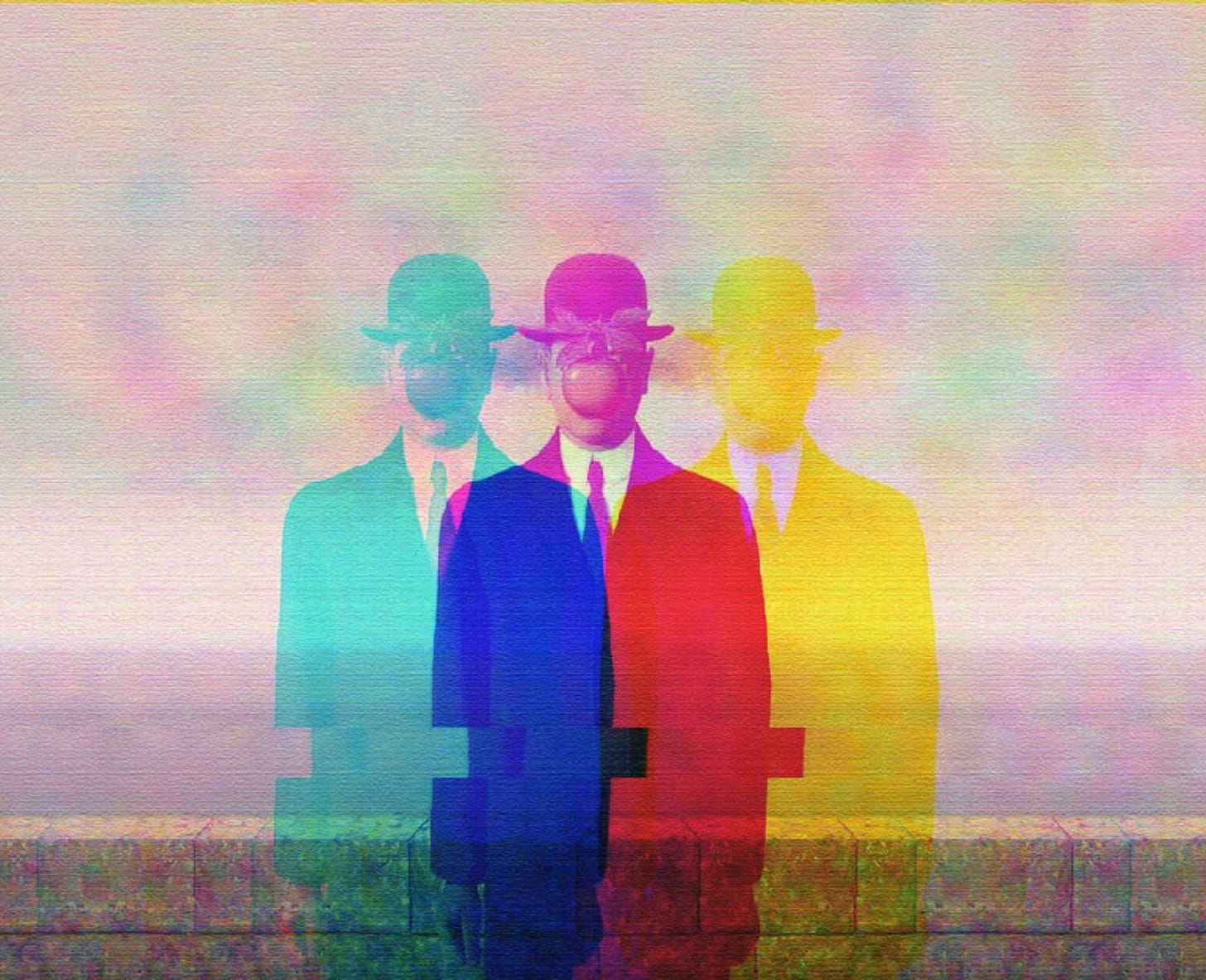Human, Not Machine: Becoming Yourself in an AI World
Why the modern world fears humans, and how identity became something to perform rather than inhabit.
Have you ever struggled to answer the question: "Who are you?"
The self is not a static fact, but a moving question. Yet despite its fluid nature, we’re often asked to pin it down.
Especially in the world of social media, we’re expected to condense our essence into a single catchy tagline. A title that you wear like a uniform. But when you present yourself to the world, are you offering the whole person? Or just a carefully carved-out slice of who you are?
And who can blame you?
Companies often say they're looking for “partners” of a "creative" archetype, but more often than not, what they truly mean is people that neatly fit into their prefabricated frameworks. After all, isn’t the goal to fill in a certain “role”? One could say, that feels a bit like carving a coffin. A perfect box to bury all the parts of yourself deemed unnecessary or inconvenient for the task at hand.
Have you ever known a genuinely creative soul that was confined comfortably within a manufactured perspective?
Can you really be whole in your work, if you’re not allowed to show up whole? If you have to keep the most creative parts of yourself in the shadows, how can you shed a light onto the pathway forward?
Organizations, by their design, often lean towards clarity, defined roles, measurable outcomes and repeatable structures. But humans are fluid. We change. We question. We make intuitive leaps. And that kind of freedom, though it often leads to true insight and originality, also brings a level of unpredictability that can feel threatening to systems built on stability. Yet, it’s precisely in that uncertainty where our greatest potential lives.
Maybe there’s a more humane path. Perhaps it is time for organizations to trust individuals enough to grant them the freedom and space to evolve naturally, to explore fully, and to express openly. It's not just a matter of efficiency; it is about humanity. It’s about seeing people as complete beings beyond a set of primary strengths.
Why not nurture environments where each person can allow themselves to be vulnerable and understood so that they freely discover and embrace their unique, multidimensional self? In a world increasingly dominated by machines, isn't it precisely our humanity that differentiates us? How can organizations of humans survive by competing with machines as if they themselves were machines.
Our strength lies not in becoming more machine-like, but in fully embracing our authentic human potential, allowing room for curiosity, wonder, and true human connection so that we can become something no other person or machine can ever be: ourselves.
So let me ask again: Who are you - really? And what might our world look like if we all had the courage and the freedom to answer honestly?



